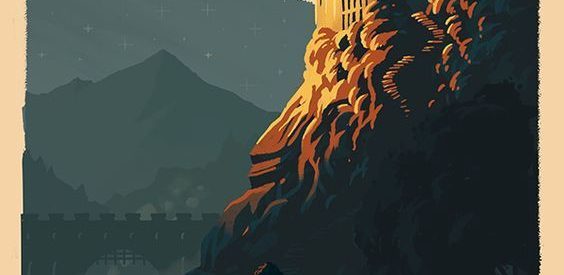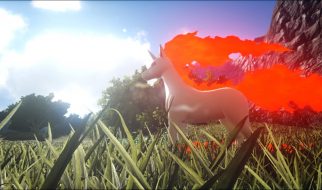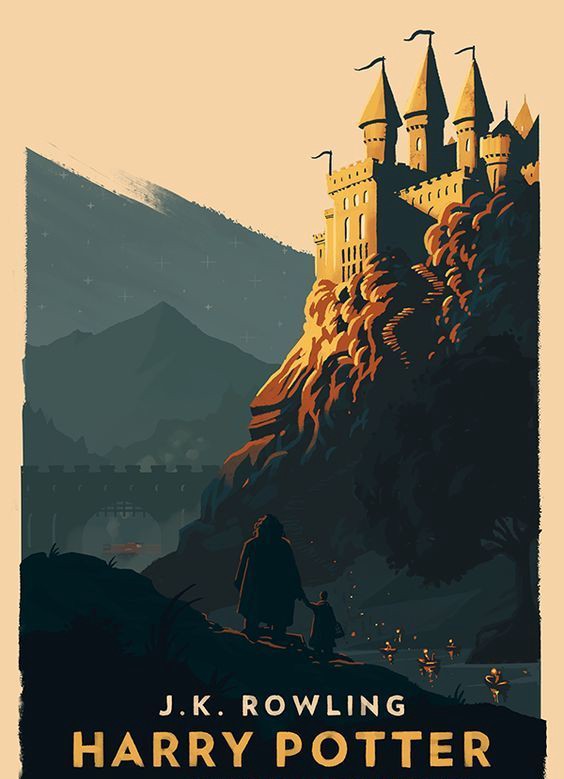
Before I really begin to expound upon whatever it is I plan to say, it must first be stated how damn long even this mediocre ranking system has taken me.
Now, it?s not going to be difficult to assume that quite a few individuals will feel quite differently about the following list. Which in my opinion is a good thing because given the nature of all art should be relative to the individual consuming it, therefore I hope to see some agreements and disagreements in the comments.
The idea to rank these books came recently after my first trip to the Wizarding World of Harry Potter in Orlando, and seems ideally timed given that today just so happens to be the twentieth anniversary of the publication of the first book in the Harry Potter series. Now given that this serves as a sort of self-evident preface, what can really need to be said, other than, shall we?
7. Chamber of Secrets:
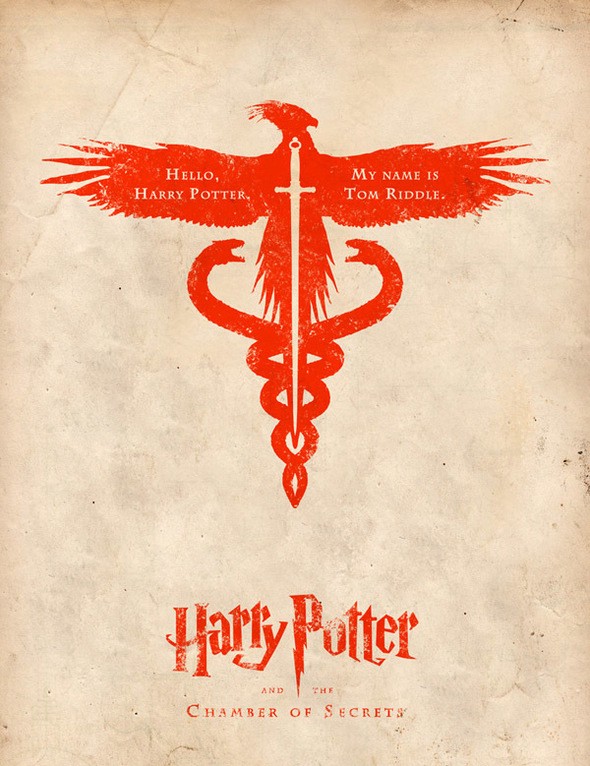
Well, let?s begin this process I suppose with what is my least favorite book, particularly because it always struck me as unnecessary. It seems like a bit of a retreading of the territory covered in the first book, and the few keys points the book does bring in aren?t at all useful anywhere else in the series. Lacks both the novelty of the first one and the depth of the later ones. I found the climax over the top and it isn?t all that important (though we are introduced to the wizarding racism)
And that is not to mention how conveniently retro-fitted the diary was to suit the needs of the hallows that came later in the story.
6. Goblet of Fire:
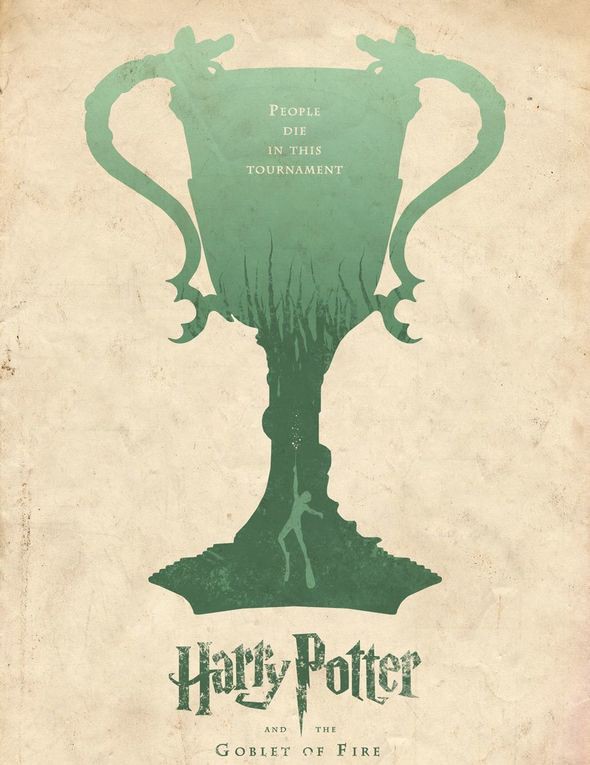
Now here is where I believe the diverging of opinions will begin with many whom thought the rankings were going at least reasonably well. There?s a great many who count this among their personal favorite and will hoot and holler about how GOF deserves a higher spot and I?m a true idiot for placing it this low. To which I will reply with, I see what you?re saying, but my qualms are many. Firstly, was there ever a legitimate reason for Harry to participate in this task which are specifically designed for 17 year olds, which begs to question why no one realized off the bat this was a trap. But, that?s an unfair characterization you say. A small blip on an otherwise sublimely told tale. Well, secondly, how does the great magicians who have known Mad-Eye Moody for so many years fail to realize he?s actually someone else is beyond me. The reason I think they gave is the flask he drank out of, but that combined with the missing Polyjuice potion ingredients in Snape?s cabinet. Not to mention the
But that?s not to say the book is a complete wash. It does include the Quidditch World Cup, the introduction of Fluer (who I always thought should have ended up with Ron to free Hermione for Harry), the superb scenes following the the third tri-wizard task, and the return of Voldemort.
Now with those last few pieces I?m starting to debate whether I might have this too low.
5. Sorcerer?s Stone:
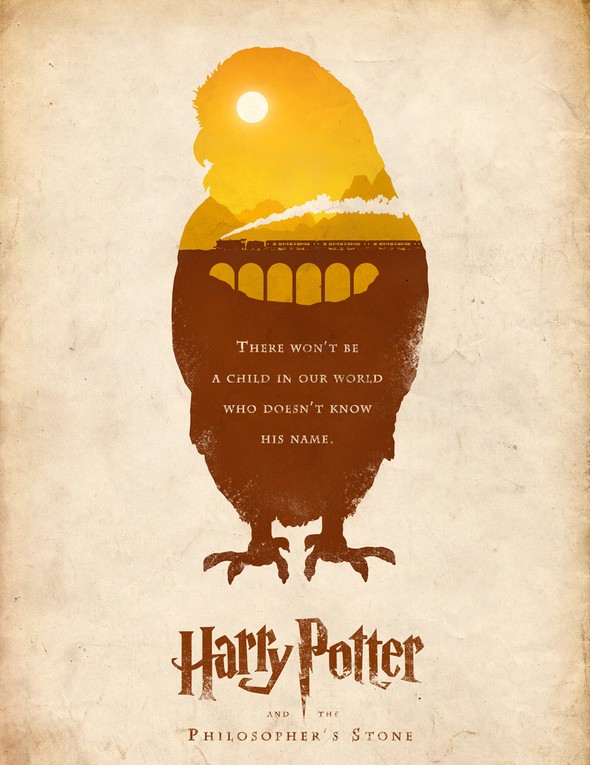
Honestly, this one can be either much higher or lower on the list given its importance as the entry point to where it all begins. The wonder of getting to see the wizarding world for the first time through Harry?s eyes as he does the same makes up for a lot of the flaws of this one. I don?t buy Harry?s belief that Dumbledore felt he deserved a chance to face Voldemort ? Dumbledore would never have let an as yet untested 11-year-old face Voldemort if he could stop it ? and yet there?s no other excuse for how it could?ve happened on his watch. Upon returning to the castle, he immediately knows that Harry has gone after the Stone, so he knew it was a likely possibility and yet still didn?t try to stop it. I call foul.
4. Deathly Hallows:
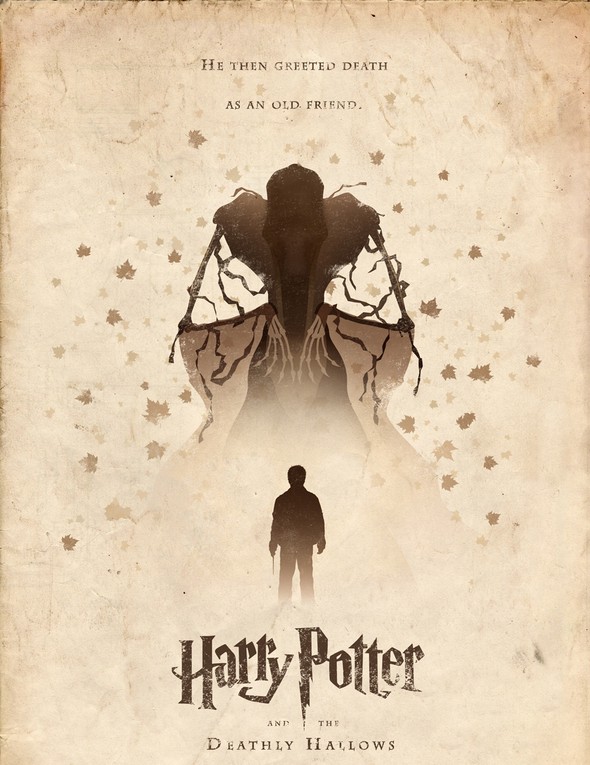
I was super disappointed in this one, because the ending is far too saccharine sweet and because of all the things that had never come up in the series before. It just didn?t fit well. But, aside from the failure of the ending, I enjoyed the novel, deathly long scenes in the forest and Ron?s perpetual bitching aside, given the story?s focus on the backstory of Albus Dumbledore. The life and story of the sage-like wizard shows the complexity of what is good and evil, right and wrong, and shows that much like the story?s lesson of Harry, Dumbledore?s is one of loss.
3. Half-Blood Prince:
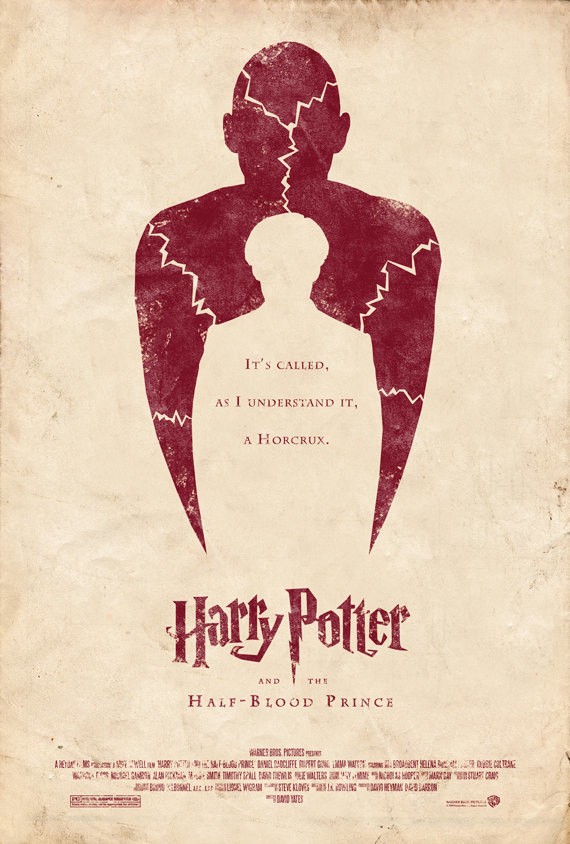
This one book that I really felt back and forth about, and is one most likely to elicit the least amount of recollection in most Potter fans. Which is surprising really. Throughout the book, the dramatic tension inserts itself from the get-go, a quite appropriate setting given how precariously close the wizarding world is to falling apart following the revelations of Voldermort?s return.
A great number of characters really find a new step of evolution in this book, whether it be the sudden electric strike of romantic interest between Harry and Ginny, Ron becoming keeping of the Gryffindor Quidditch Team, to a year long information-rich time throughout school lessons.
That?s not even to mention the grand journey and lessons of Dumbledore and Harry learning about Voldemort?s past as well as about the Horcruxes. AS a pen-ultimate book, Half-Blood Prince is magical. It?s probably the book I most enjoy the pacing of, and distribution of climatic events.
It?s also the last book with Dumbledore and let?s be fair, life is never the same afterwards.
2. Prisoner of Azkaban:
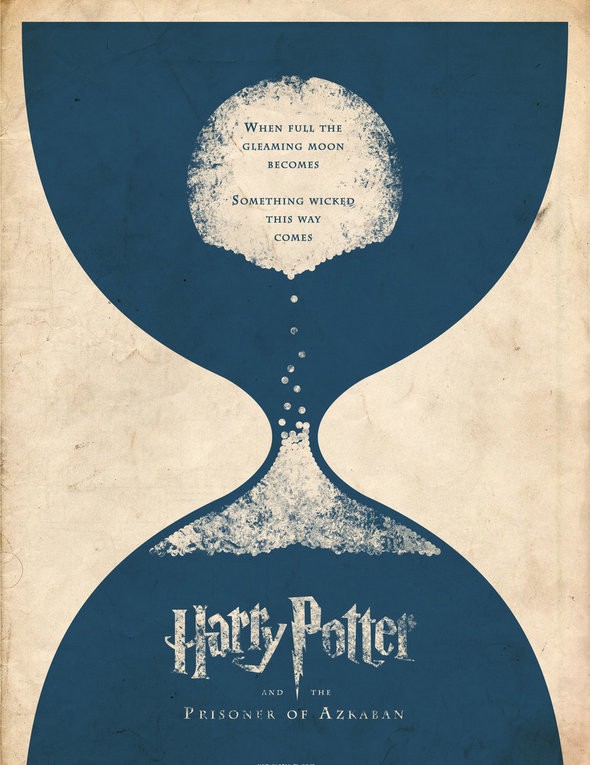
This is where we really start learning about the greater wizarding world, and not just the characters and Hogwarts. It?s also the first major example of one of the main themes of the series ? how do you distinguish good people from bad?
1. Order of the Phoenix:
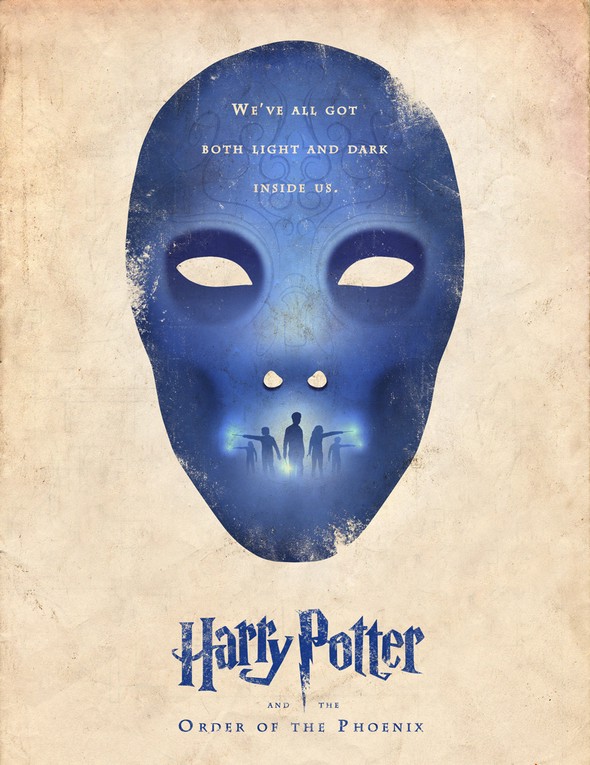
Let the criticisms begin. Yes, yes, The Order of the Phoenix is my favorite book in the series. OOP is the exact book in the series that tends to elicit the most polarized reactions, with many either loving or hating it. The reason I found this book so incredible is that it marks the maturation of the series? characters as they hit puberty and officially leave behind any traces of innocence. Granted, this angsty version of Harry does tend to get slightly grating at times, in perspective, it?s likely that this is almost exactly how 15 years are as they battle hormones, and helps to give the reader a true experience of the stress of being Harry at the time.
It gives us the most annoying evil character of the series in Dolores Umbridge who swoops in to ruin the Hogwarts experience and entirely shifts the cyclical dynamic the series had ben running on (Though to be honest I could have done with a bit of quidditch in this one, but alas it was a necessary change in the pacing of the series. OOP brings us the most adult perspective yet, bringing the reader inside the Order with the war building around things. The plot becomes infinitely more complex and intricate from this book as JK has taken us from childhood and young teens in adolescence. Harry really becomes a different character here, so influenced by the previous book and tending to rage, we aren?t children anymore and no one is playing games. The DA and evolution of the students as a unit around Harry in exhilarating and empowering and the death of Sirius is a profound statement of loss.
